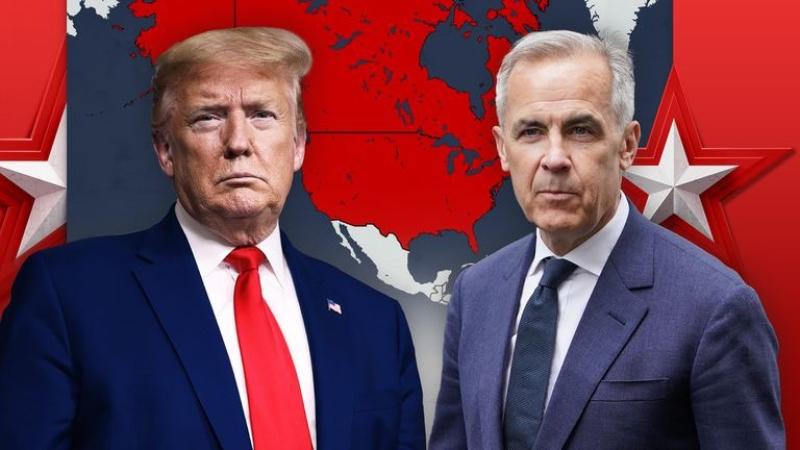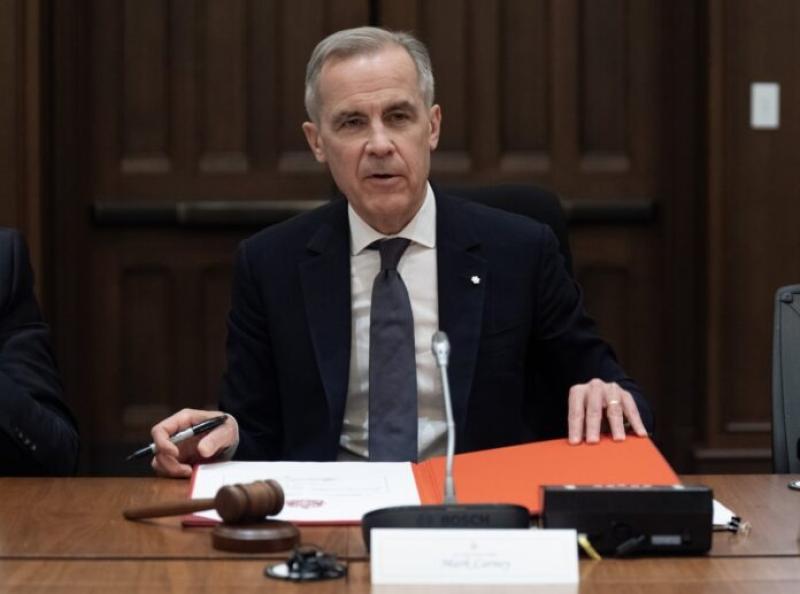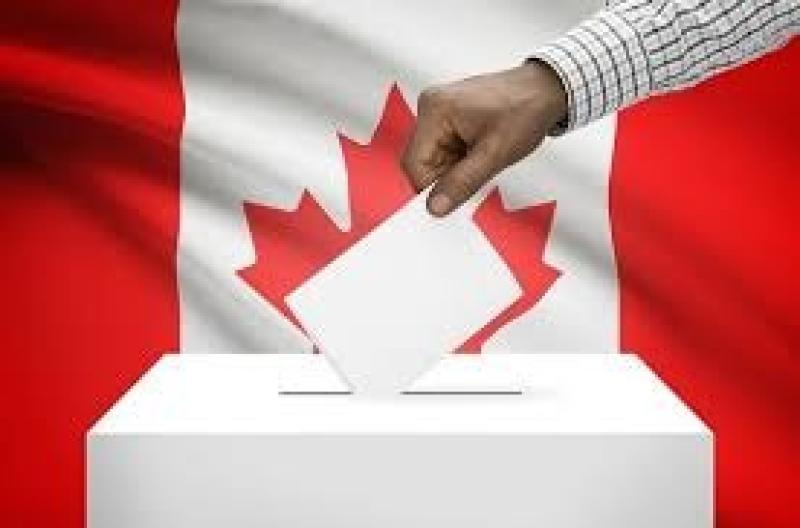The Parallel Societies Within... A Threat to Canada’s Unity

A few days ago, a friend of mine came to me in a panic. Some members of her community had been pressuring parents to keep their children home on Halloween, declaring it a blasphemous event.
For these parents, Halloween was simply a fun tradition for kids, its origins long forgotten, yet they suddenly found themselves caught in a cultural debate that felt out of place in Canada.
It’s an example of a wider trend among some immigrant communities—an attempt to preserve cultural practices in a way that systematically isolate them from the society around them.
While preserving one’s heritage is natural, creating “parallel societies” can lead to unintended consequences, including misunderstandings, tensions, and divisions within Canada’s multicultural framework. For many immigrants, cultural identity provides a sense of security, yet when it becomes a reason to isolate or condemn aspects of the host society, it risks creating friction. This is especially true when cultural beliefs and practices clash with Canada’s core values, such as gender equality, freedom of expression, secularism, and much more.
The growing tendency toward parallel societies risks creating rifts, not only between immigrant communities and mainstream society but also among different immigrant groups. Early immigrants who contributed to shaping Canada’s identity often feel their efforts at integration are undermined when newer arrivals resist blending into the wider community. Over time, these divisions can deepen, leading to social fragmentation and creating challenges for unity.
The effects of a divided society aren’t limited to cultural clashes; they can threaten the foundations of Canada’s economic, political, and social stability. A segmented society, where people are isolated by cultural and ideological differences, can hinder economic cohesion, weaken political unity, and pose risks to public safety. The economy, reliant on a workforce able to collaborate across backgrounds, suffers when communities stay isolated.
Politically, divided groups may seek policies that serve specific interests, challenging Canada’s democratic ideals. From a security standpoint, fragmented communities make it harder to maintain social order and address issues effectively.
Finding a solution doesn’t mean discarding cultural heritage; rather, it involves fostering a balance between integration and identity. Encouraging cross-cultural interactions, promoting shared Canadian values, and creating spaces for intercultural dialogue can help communities see each other as part of a shared society. Educational initiatives that provide context on Canada’s values and history allow newcomers to appreciate the country they’ve chosen to call home, while still honoring their own traditions.
Canada’s strength as a multicultural society lies in unity. For the country to thrive, it’s essential to remember that multiculturalism isn’t just a patchwork of distinct groups—it’s a blend of diversity with shared values and mutual respect. By prioritizing understanding and common ground, we can ensure that Canada’s diversity remains a source of strength rather than division.















